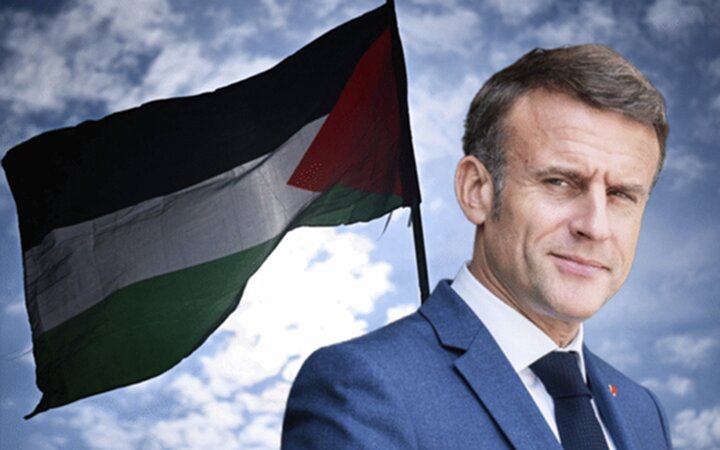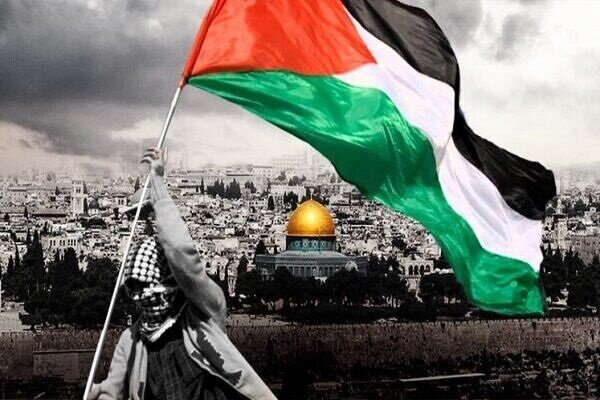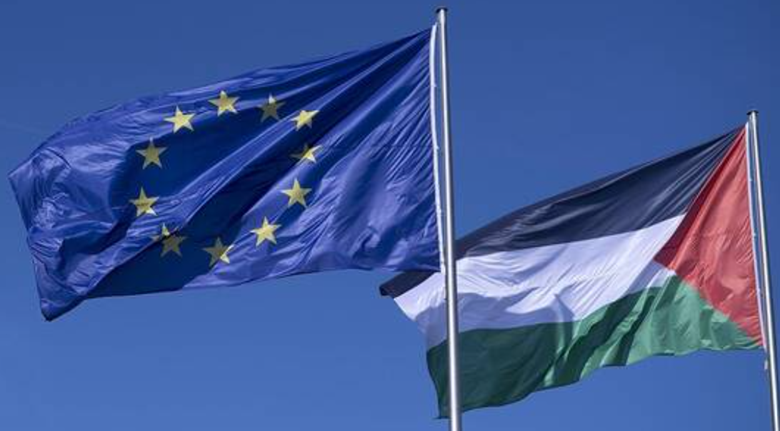Macron Recognizes Palestine: Realism or Symbolic Gesture?

In a meaningful diplomatic advancement, the french government recently announced it will formally recognize the State of Palestine at the United Nations General Assembly in September. President Emmanuel Macron emphasized that this decision stems from the urgent need to “end human suffering” and “revive the two-state solution,” rather than support any specific faction within Palestine.
This historic move makes France the first Group of Seven (G7) member to take concrete steps supporting Palestinian statehood amid one of the bloodiest and longest conflicts in Gaza’s recent history. To date, 147 out of 193 UN member states have recognized Palestine.
Meanwhile, Gaza suffers its most severe humanitarian and infrastructural collapse in decades-conditions many international observers describe as apocalyptic.Over two million people remain under total siege, deprived of clean water, food, electricity, or medical services. Humanitarian reports detail a complete breakdown of public health systems with outbreaks of contagious diseases and rising child deaths from hunger.
While France’s recognition constitutes an unprecedented and costly diplomatic gesture, it also prompts questions: Can this step pave the way for establishing a viable Palestinian state amid Gaza’s current turmoil? or will it follow past promises that failed due to lack of infrastructure, unified governance, and international consensus?
Two scenarios examined: transformative decision or political theater by France?
The official announcement by France has sparked a wave of analysis mixed with hope and skepticism internationally. While Macron’s administration portrays this as a bold step toward justice and peace, some analysts view it more as diplomatic posturing aimed at boosting france’s standing both in Arab circles and western public opinion than effecting real change on such a complex issue.
Scenario One: A genuine strategic shift
This scenario presents France’s move as reflecting an actual strategic pivot in its foreign policy-and perhaps more broadly within Western diplomacy-seeking to end Europe’s longstanding passivity on palestine. By accepting potential backlash from both the US government and Israel’s regime, Paris aims to reclaim initiative for reviving peace negotiations. If other European countries like Spain, Ireland, Belgium-and perhaps Germany-follow suit, France could spearhead forming a new European consensus around the two-state solution.
France’s active role in New York peace conferences underscores conditions such as establishing an independent Palestinian state alongside Hamas stepping back politically while ensuring security for all parties involved. this shows Paris intends far more than symbolic recognition; instead, it seeks political mechanisms for enforcement-a prelude to redefining regional order rather than mere posturing.
Scenario Two: Political showmanship for media consumption
Conversely lies widespread doubt framing this act purely as diplomatic theater timed before key international summits.Critics argue that while recognizing Palestine officially communicates solidarity rhetorically-France shows no real intent toward pressing economic sanctions against Israel nor committing resources for Gaza reconstruction or legal backing for Palestinian governance structures.
This interpretation sees Paris attempting to regain lost credibility within Muslim-majority countries while responding domestically to growing criticism over inactivity during Gaza’s humanitarian disaster-without causing practical shifts in power balances or ending occupation realities.
Even if recognition occurs at UN level without lifting blockades or changing sovereignty over land borders effectively renders this declaration symbolic with no operational impact.
This skepticism draws on past precedents when verbal support failed tangible follow-through-for example:
- The non-binding 2014 French National Assembly resolution endorsing Palestinian statehood was not acted upon by then-government citing “premature timing.”
- The 2016 Paris-hosted peace conferences aimed at reviving dialog excluded key stakeholders such as Israel & major Palestinian factions without enforceable guarantees; thus failing their objectives completely.
these episodes fuel views that today’s decision repeats previous ineffective symbolic patterns rather than marking substantive policy breakpoints.
Opportunities & Challenges Ahead Assuming Europe Acts In Good Faith
Opportunities
Revival of Two-State Discourse:
At a time when many viewed negotiated coexistence solutions as obsolete,the French initiative has brought these discussions back into global focus.
Strengthening Diplomatic Legitimacy:
Formal recognition from major powers – especially permanent members onthe Security Council – could enhance Palestinians’ standing within international forums empowering future negotiations.
Moral Pressure on Israel:
Even absent full consensus across Europe,a formal front ledby EU countries may incentivize Israeli regime reformsespecially regarding lifting Gaza blockadeand halting West Bank settlement expansion throughpublic opinionandsanctions pressure.
Laying Groundwork For Peace Conferences:
Mutual alignment along these lines might catalyze regionalorinternational platforms dedicatedto conflict resolution talks.
Challenges
Total Infrastructure Collapse In gaza:</ h4
Gaza currently lacks even essential governmentfunctionality.Rebuilding requires billions indollars,specialized workforce,and relativesecurity-all presently unavailable.
Gaza currently lacks even essential governmentfunctionality.Rebuilding requires billions indollars,specialized workforce,and relativesecurity-all presently unavailable.
Absence Of Unified And Recognized Governance:
Hamas controlsGazawhereasWest Bankis managedby PA.Palestinian internal divisionsand lackof truenational unity impede formationof cohesivegovernmentsystems.
Explicit Obstruction From Israeli Regime And United States:
Both openly rejected unilateralrecognition moves,U.S.allies continuealigningtowardWashington.This implies absenceof binding legalpressureorenforcementmechanisms.
Stilldoesn’thaveauthenticlegalandfinancial infrastructuresuchaseconomicsystems,courts,bordercontrols.Merelypossessing “state”titleisunlikelybeyondjustan honorificformal status.
Inconclusion,to build afunctionalPalestinian statethese recognitions requirecomprehensive,multistageinternational plans beyond declarative statements.Absentpractical stepsincluding reconstruction,nation-building,securitguarantees,andpolitical mediation,amiable intentions alonewon’tchangelong-term outcomes.




